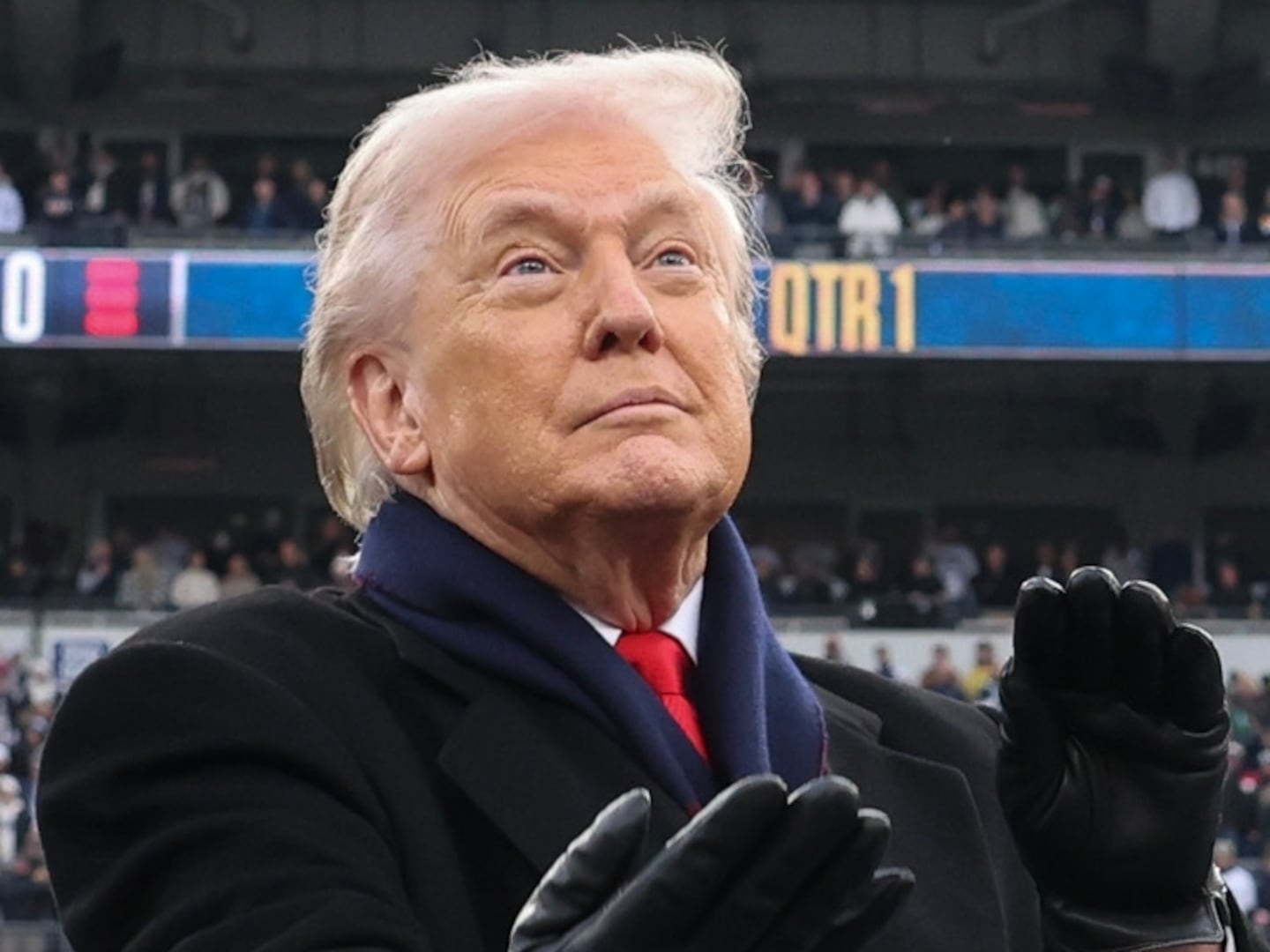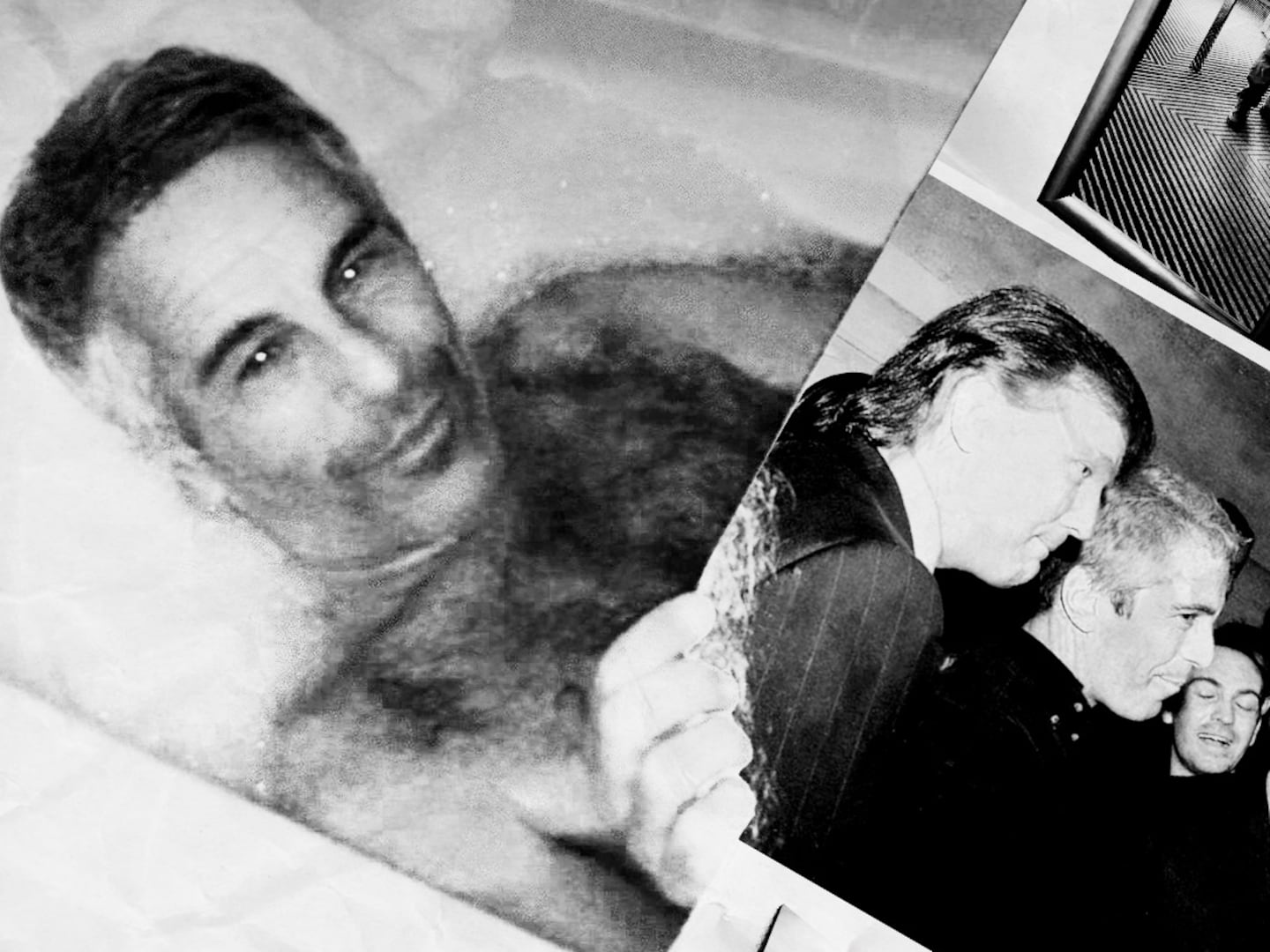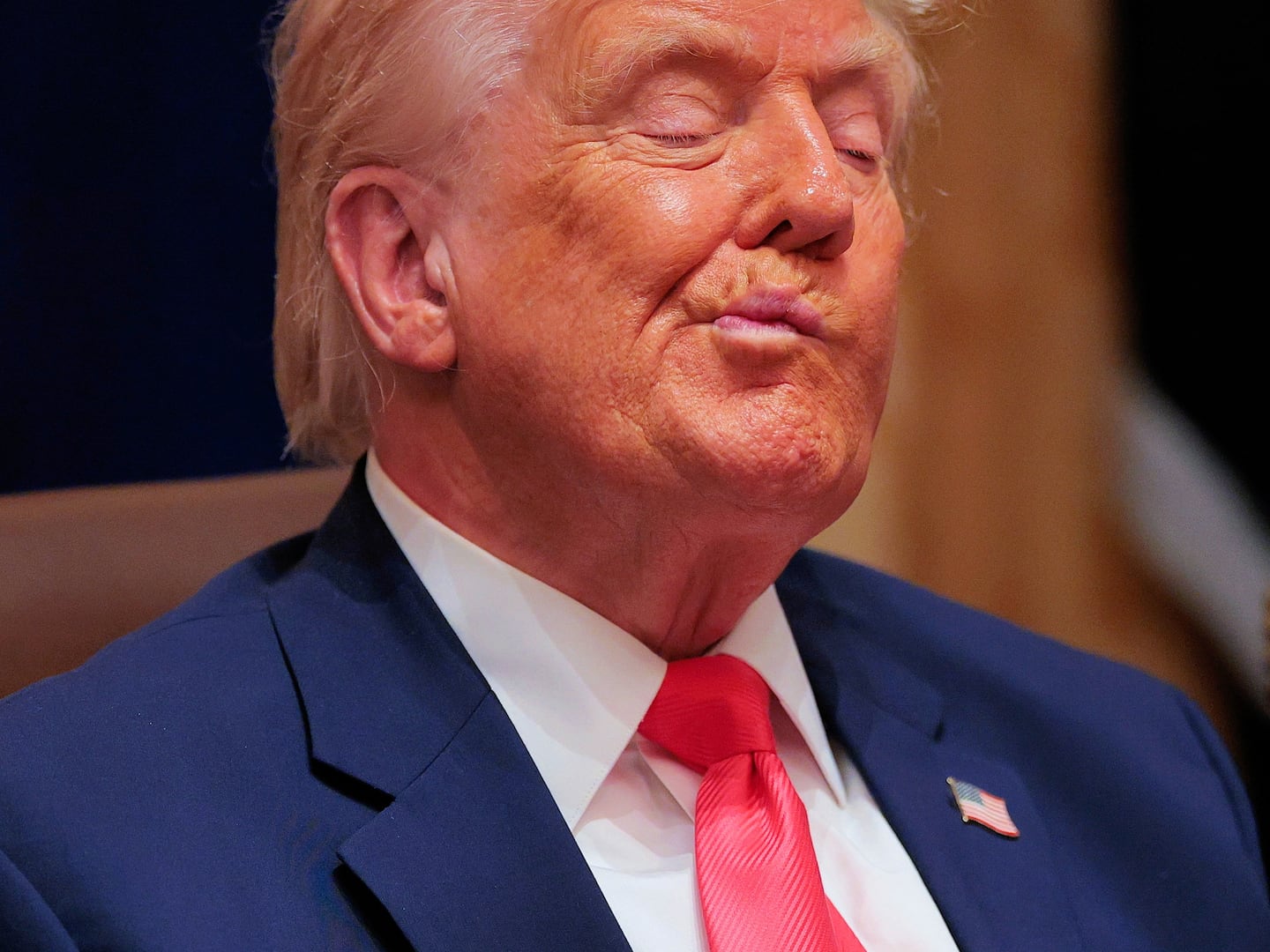You're no good as an interviewer.
No, wait, don't protest. All those interviews you do for new employees are terrible at predicting subsequent job performance. It's a scientific fact. And no, I'm not picking on you. Job interviews are just not very useful. An interview is a very good way to figure out whether someone is agreeable, charming, and knows the correct answer to stupid questions like "What is your greatest weakness?" ("I work too hard". "It's taken a long time for me to learn to delegate rather than just kicking it up to 110 hours a week." "It's hard for me to tell people 'no'.") It doesn't tell you whether they are actually hard working, or honest, or supportive of their team members when things go wrong. A job interview may help you weed out the very worst candidates--I still remember the chap who interviewed for my old tech firm, and brought out a big, soggy meatball hero which he started chomping as he talked, because he said he hadn't had time for lunch. But other than that, they don't do much good. I say you're no good as an interview because no one is very good at sorting the wheat from the chaff.
Which is why I was amused to see this interview on Google's hiring practices making the rounds. Yup, it turns out that Google isn't any better at doing interviews than anyone else:
Years ago, we did a study to determine whether anyone at Google is particularly good at hiring. We looked at tens of thousands of interviews, and everyone who had done the interviews and what they scored the candidate, and how that person ultimately performed in their job. We found zero relationship. It’s a complete random mess, except for one guy who was highly predictive because he only interviewed people for a very specialized area, where he happened to be the world’s leading expert.
. . .
On the hiring side, we found that brainteasers are a complete waste of time. How many golf balls can you fit into an airplane? How many gas stations in Manhattan? A complete waste of time. They don’t predict anything. They serve primarily to make the interviewer feel smart.
Instead, what works well are structured behavioral interviews, where you have a consistent rubric for how you assess people, rather than having each interviewer just make stuff up.
Fun fact: in business school, I got asked that exact brain teaser by some company (I can't remember who). "Can I take a minute?" I asked.
"Sure," said the interviewer. After a moment, I said, "nineteen". He looked confused.
"How did you get that answer?" he asked. I looked confused.
"I counted."
Presumably he hadn't been expecting to interview someone who grew up in Manhattan, went to school in the Bronx, and spent a lot of time driving around New York with her dad.
I didn't get the job. Apparently, they were looking for people who used some process other than arithmetic to figure out how many gas stations there were in Manhattan.
All of which is to point out how silly these sorts of questions are--yet no less ubiquitous for that. We want to believe that we can divine a spark--of creativity, of intelligence, of drive. But if we really believe that, why would so few of us willingly get married based on similarly short acquaintance?
Resume and past work history are much better predictors of future performance. The problem is that in most fields, these are hard to ascertain unless you're pretty prominent. It's a bit easier as a journalist than in most other fields--if someone contacts me about writing for them, I can be pretty sure that they know and like my output. But even there, there will always be questions. How much did my editors contribute? What goes on inside most companies is even more opaque.
And so we rely on a much hazier proxy: do we like someone? We're like the proverbial drunks searching under streetlamps; the keys may not be there, but at least we can see.





